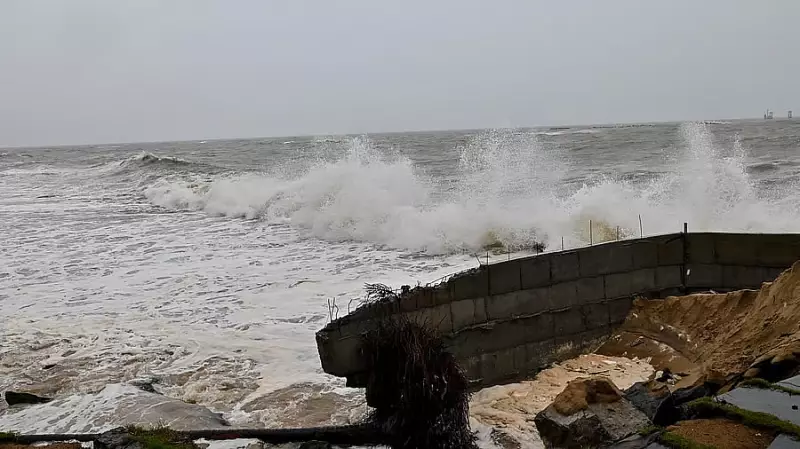
The Indian government's proposed relaxation of Coastal Regulation Zone (CRZ) norms is sparking serious concerns among environmentalists and coastal communities alike. What's being marketed as "development-friendly" reforms could actually spell disaster for the country's fragile coastal ecosystems.
What's Changing in Coastal Regulations?
The new amendments aim to significantly dilute the existing CRZ framework that has protected India's 7,500-kilometer coastline for decades. The proposed changes would:
- Reduce the no-development zone from 200 to 50 meters in densely populated areas
- Permit more construction activities in ecologically sensitive zones
- Streamline clearance processes for real estate projects
- Allow tourism infrastructure in previously protected areas
The Human Cost of Coastal Erosion
Coastal communities that have lived in harmony with the sea for generations now face an uncertain future. Fisherfolk and traditional inhabitants worry that these changes will:
- Destroy traditional livelihoods by disrupting fishing grounds and access to the sea
- Increase vulnerability to natural disasters like cyclones and tsunamis
- Lead to displacement of communities that have coastal protection
- Compromise freshwater sources through saltwater intrusion
Environmental Implications: Beyond the Obvious
The ecological consequences extend far beyond immediate construction impacts. Marine biologists warn that weakened CRZ protections could:
Mangrove forests, which serve as natural barriers against storms and tsunami waves, face increased threat from development projects. These ecosystems also act as crucial carbon sinks and breeding grounds for marine life.
Coastal aquifers risk contamination from increased construction activity and reduced natural filtration zones. This could affect drinking water supplies for millions of people in coastal cities and towns.
The Development Dilemma: Progress vs Protection
While the government argues that these changes will boost tourism and economic growth, environmental experts question this narrative. The short-term economic gains from real estate development might be overshadowed by:
- Long-term environmental remediation costs
- Loss of natural disaster protection
- Irreversible damage to marine biodiversity
- Increased climate change vulnerability
As India grapples with the competing demands of development and conservation, the CRZ amendments represent a critical juncture. The decisions made today will determine whether future generations inherit protected coastlines or concrete jungles vulnerable to rising sea levels and extreme weather events.





